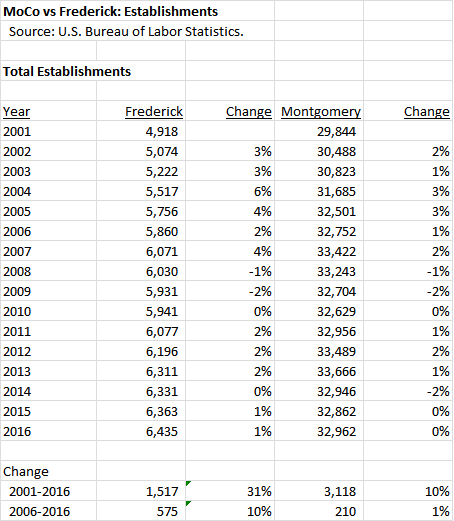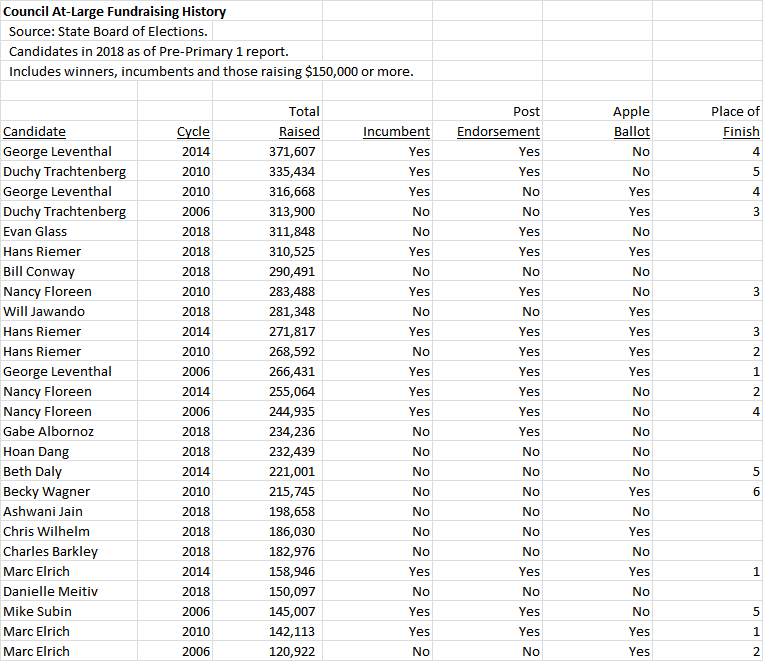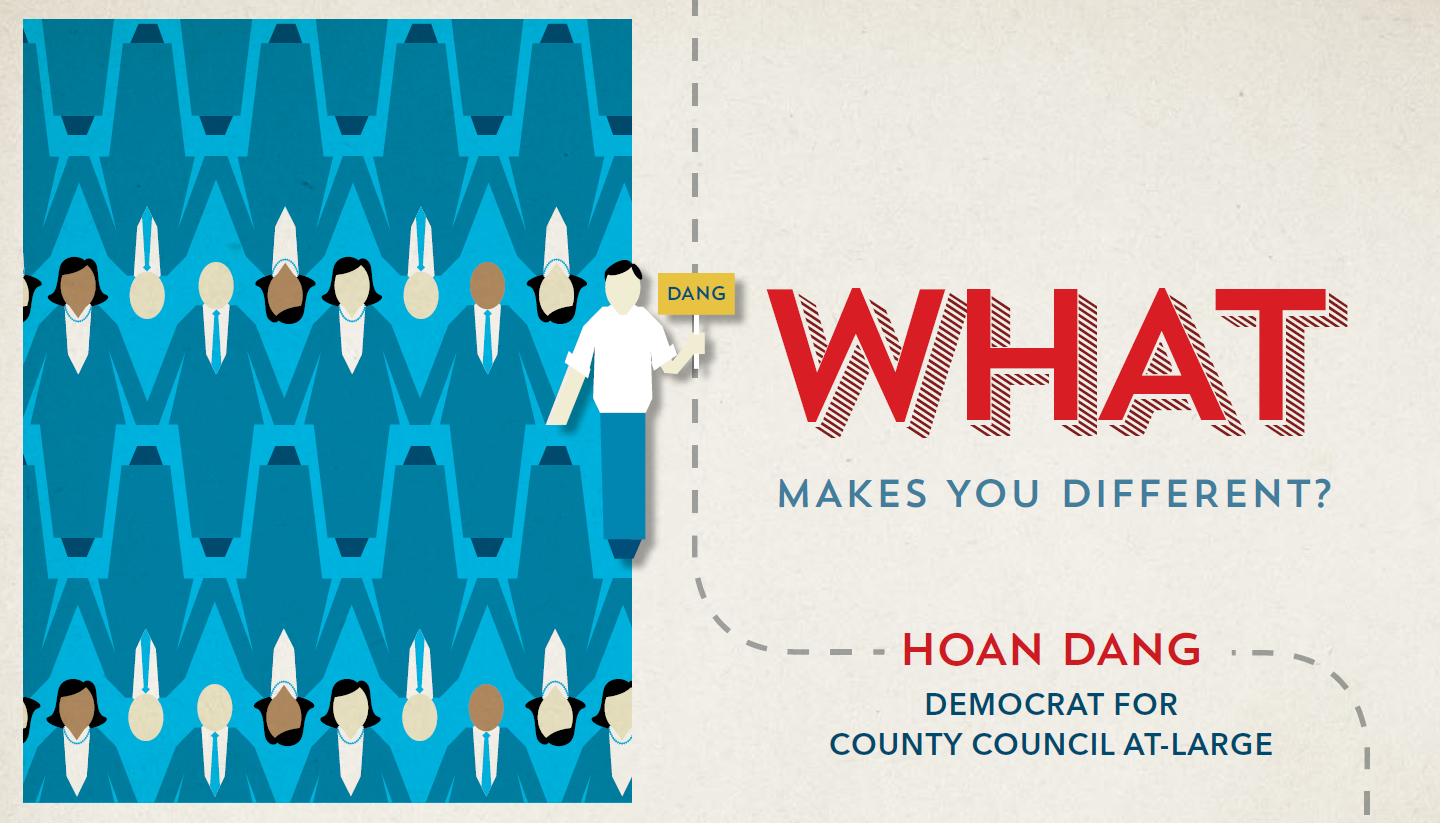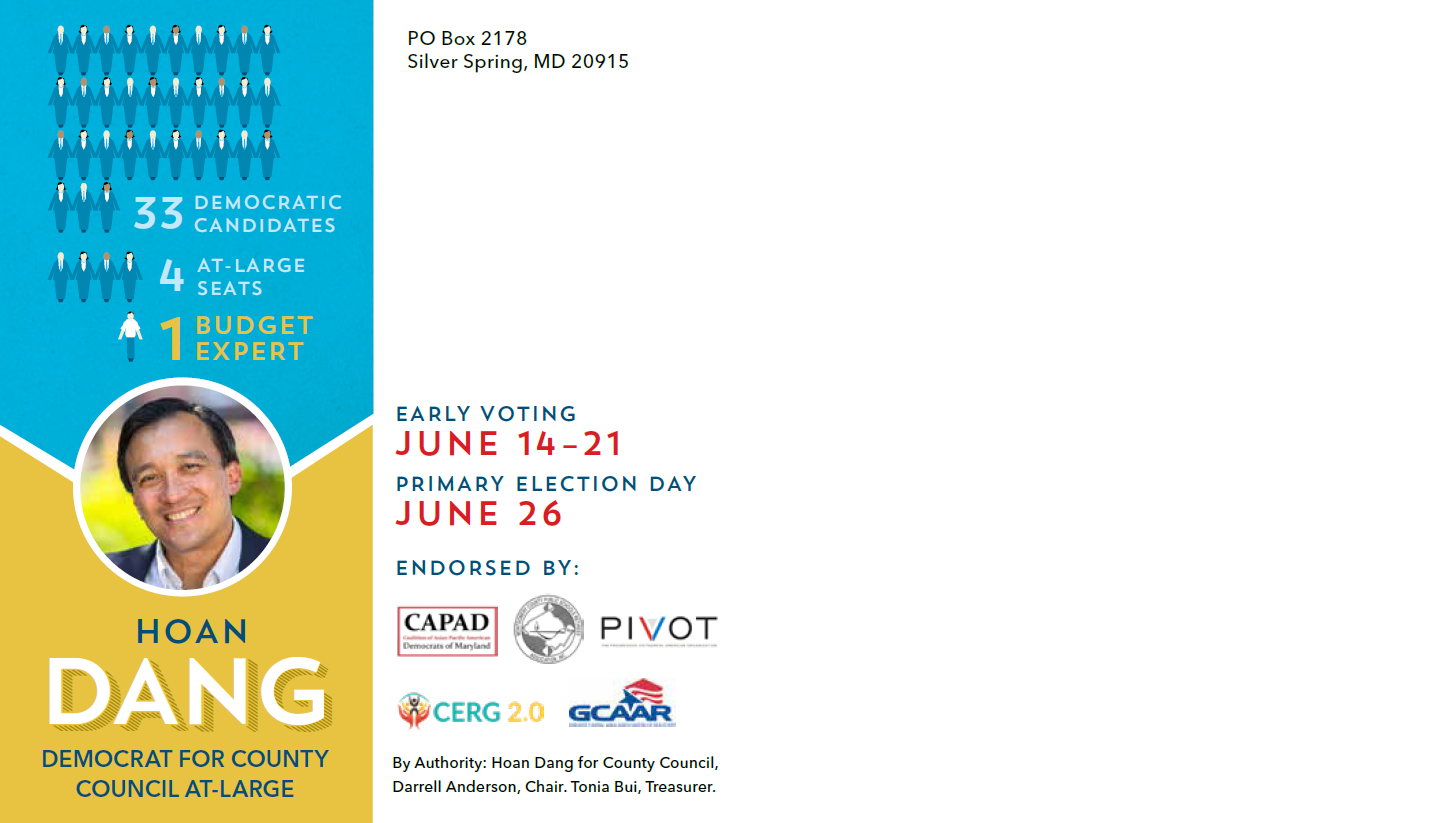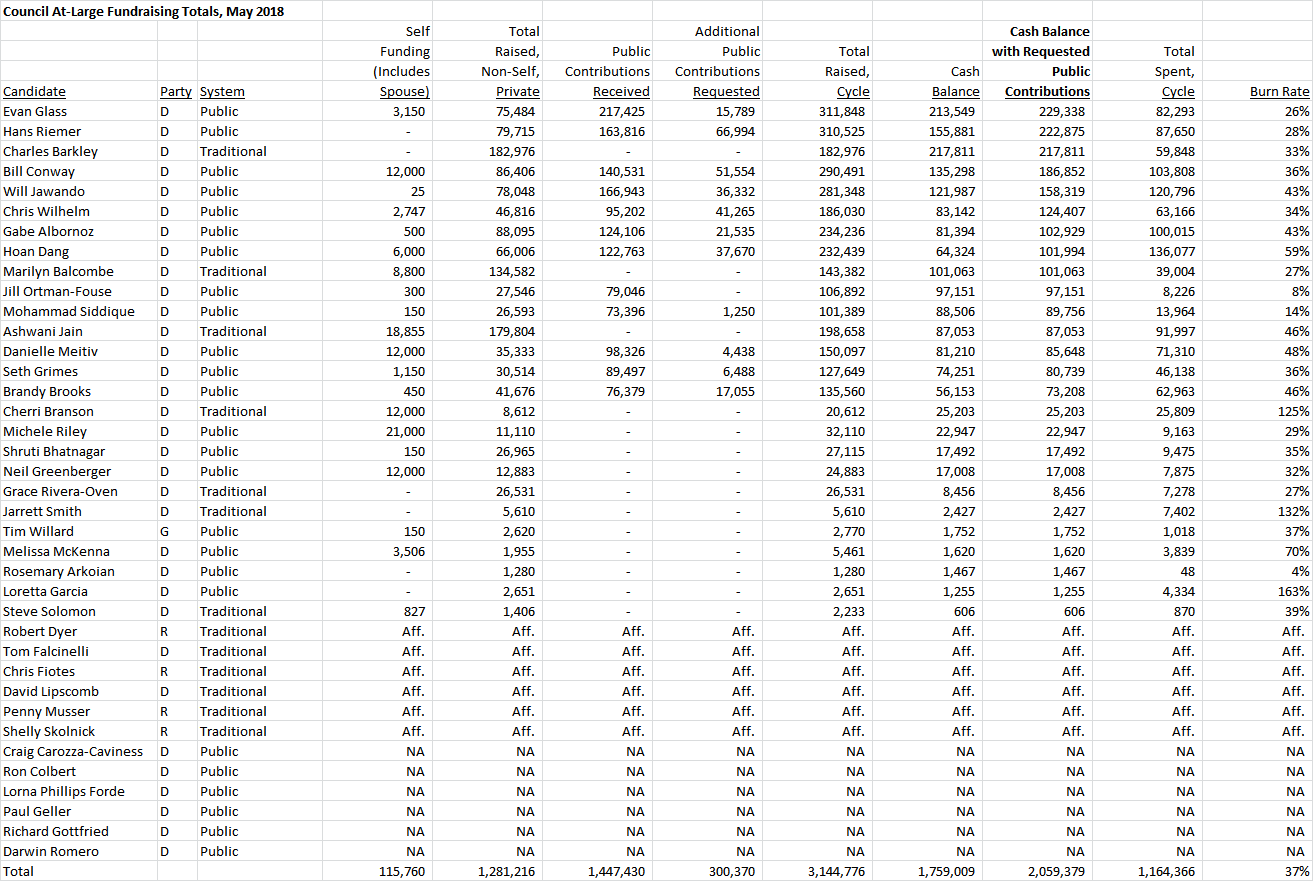By Adam Pagnucco.
As the primary election approaches and the six Democratic candidates for County Executive make their case, it’s worth considering the incumbent they are seeking to succeed: Ike Leggett. The county’s steady helmsman is approaching the end of a thirty-year career in politics and he deserves much respect for his knowledge, temperament and savvy. But it is Leggett’s greatest achievement that sets an example for all who follow him and poses an important lesson for the next term.
Simply put, Ike Leggett saved the county from financial disaster.
When Leggett assumed office in December 2006, he was determined to cut back the rate of budget growth overseen by his predecessor, Doug Duncan. In his first budget, Leggett proposed giving MCPS $19.7 million less than its request. That was still a $117 million increase over MCPS’s prior-year budget, but it was a smaller increase than the schools wanted and the education community revolted. The council worked it out. The following year, Leggett proposed a big property tax hike which was mostly passed by the council. These events may seem unrelated, but they weren’t: Leggett smelled trouble coming and he was battening down the hatches.
And boy, did trouble come. In 2010, the Great Recession hit the county’s economy and budget with a fury that no one in government had seen before. Leggett proposed what was then the ugliest budget of all time. It included hundreds of millions in cuts and double-digit reductions in many departments. 750 work years were reduced through attrition and position abolitions. A fire truck and an ambulance were to be taken out of service and four police sub-stations were proposed for closure. Employee raises were eliminated and furloughs were instituted. Healthcare for the uninsured was reduced. And Leggett proposed increasing the energy tax by $50 million.
The Executive didn’t sugar-coat it. In his press release, he said:
To those who object to these reductions, I have a simple message: I do not like these any more than you do… Hard choices must be made, and not just talked about, in this difficult economic and fiscal environment.
And then, unbelievably, things got even worse. Revenues were written down twice while Leggett’s budget was under consideration by the council. The county’s FY10 reserves were literally dwindling to zero. Leggett was animated by two goals: save the county’s bond rating and save as many county employees’ jobs as possible. To do that, he was going to have to battle every group that helped him get elected. In the end, Leggett and the County Council worked together to pass the baddest budget ever, a $4.3 billion nuke bomb that had the biggest county spending cut since the current charter was passed in 1968. And that wasn’t the end of it – two more years of not funding collective bargaining agreements and fighting with the school system were ahead. But the bond rating was preserved and mass layoffs were avoided, laying the groundwork for recovery.
This was the county’s worst hour. It was Ike Leggett’s finest hour.
Leggett didn’t do all this alone. The council stayed with him and all ten of them jumped off the ledge together. But as the Executive, Leggett’s role was absolutely critical. He could have pointed fingers at Council Members who voted for earlier large budget increases, thereby blowing up the teamwork between the two branches that was critical to getting through the crisis. He did not. He could have papered over the problems with band-aids and said next year would be better. That would have been very tempting for Council Members to go along with – let’s remember that 2010 was an election year. He did not. He simply told the truth and made the hard choices the voters paid him to make. And in the end, it worked out.
Your author has had many policy differences with the administration over the years and the Executive is leaving significant unfinished business for his successor, as all Executives have done. But let’s recognize a central truth. Leaders are not remembered for doing twenty small things really well or maybe not so well. They are remembered for how they deal with a crisis.
Ike Leggett passed that test.
And now we are charged with picking Leggett’s successor. The economy is not healthy enough to pay our bills and the county is now resorting to quick fixes to balance the budget. The entire Washington region is not as strong as it once was. Most ominously, since the average business cycle lasts 5-6 years, we are due for a recession during the next term. That doesn’t guarantee that the next one will be as bad as the earth-shattering Great Recession, but it won’t be fun. The voters are about to make a judgment on which group of elected leaders will deal with our coming challenges. Bearing in mind the example set by Leggett, who deserves your support? There are important policy issues at hand, but on the personal traits of the candidates, here are a few ideas.
Vote for adults. We will be well served by people who do their homework, take their responsibilities seriously and are willing to do the thankless chore of reading hundreds of pages of dreary, bureaucratic reports on everything the county does. People who are not interested in that kind of drudgery will not be equipped to make tough but intelligent decisions.
Vote for civility. This is one of Leggett’s greatest strengths. Sure, he will push back on what he sees as inaccuracies or misrepresentations but he preserves his ability to work with everyone. That paid off in a huge way during the Great Recession. Elected officials who blow up at others won’t be able to assume a unifying role in an emergency.
Vote for honesty. If someone tells one group one thing and then tells another group something completely different, be skeptical about that. Trust the person who says no when necessary and not yes every single time. And someone who tap dances all over the place on his or her record and positions is not going to be a reliable leader at crunch time.
Most of all, vote! And do your best to make sure that the people you pick are ready to deal with the next crisis – just as ready as Ike Leggett.



